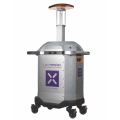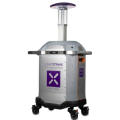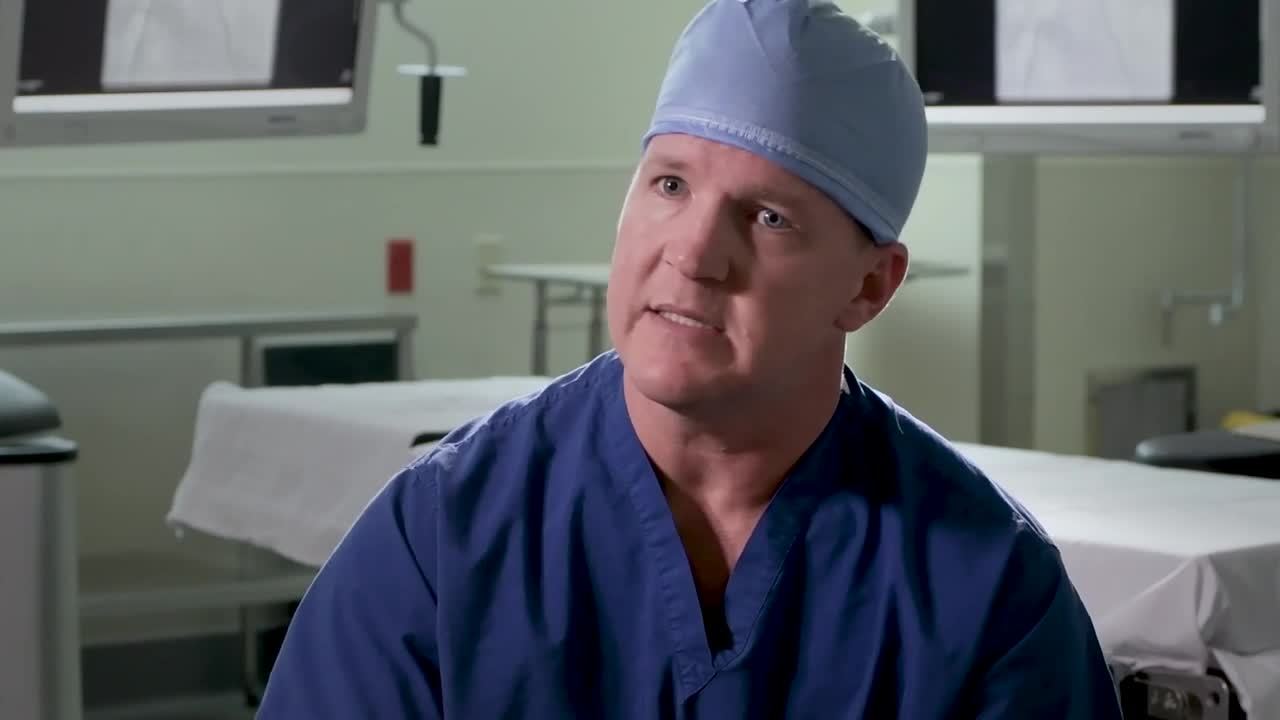Infection Preventionists (IPs) are guardians against germ transmission. They lead the fight against an invisible foe — microorganisms that can cause infections.
What you may not realize is there’s no straight line into an infection prevention career. IPs may be nurses, epidemiologists, public health professionals, microbiologists, doctors or other healthcare professionals. Their skillset may include degrees and certifications, however they must also have:
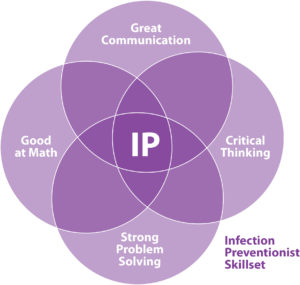
At Xenex, we spend a great deal of time with infection preventionists throughout the U.S. and around the world. We see their dedication to preventing the spread of germs and the tremendous hours they spend tracking and investigating predominant pathogens, implementing new tools and processes, and reporting data that helps keep their hospitals on track. The pandemic thrust Infection Preventionists to the forefront and highlighted the exponential value IPs provide.
Sarah Simmons, DrPH, CIC, FAPIC, Sr. Director of Science at Xenex, says her path into this profession really exposed how career diversity and expertise create a stronger team. “After completing my MPH at the School of Public Health at Texas A&M University, I went to work with an amazing team of IPs consisting of nurses, laboratorians, and other public health professionals. Our collective knowledge and subject matter expertise made for a strong team that was greater than the sum of its parts. This also leads into what I love most about working at Xenex. I get to continue that partnership with other IP colleagues every day and be the beneficiary of all their prior knowledge and expertise as we work to prevent pathogen transmission and incorporation of enhanced environmental disinfection in their hospitals.”
As a tribute to the profession, we’d like to share a few quotes from IPs that really speak to their passion and compassion for those they aim to protect.
Sarah Marie Bishop shared her passion for her profession with APIC, “I love being an Infection Preventionist because every day you face a new challenge. I have the opportunity to work with so many amazing people from every department in the organization. I learn new things every day. This job is never boring! This profession allows me to be creative, collaborative and problem solve.” 1
Myrna Laurino spoke out about how her role as an Infection Preventionist has evolved. “When I started out 12 years ago, my first experience with a pandemic was with the novel influenza A (H1N1). Then we had SARS (severe acute respiratory syndrome), then the Ebola virus,” says Myra. “COVID-19 has been such a different experience from those, but has shown us how important it is to have trained professionals in infection prevention.” Myrna went on to say, “Our role as an IP during a pandemic is to manage and disseminate the overload of information that comes out when a novel virus hits globally. We help provide accurate information to dispel any inaccurate or incomplete information that may lead to fear and unsafe practice.”2
IPs work with every department in a healthcare facility. They’re constantly evaluating processes, learning new approaches and looking for new evidence-based technologies that will better support their efforts to prevent the spread of germs that can cause infection.
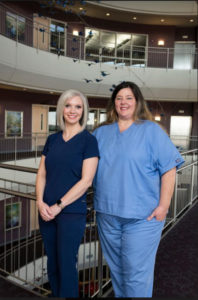
Meghann Holmes, RN, CIC, & Amanda Green, RN,
This is something Meghann Holmes, RN, CIC, & Amanda Green, RN, spoke to firsthand. “It is our goal to make our hospital a safer place for patients and family members. Enhancing our disinfection process with Xenex and the LightStrike UV disinfection robots enabled us to further our mission of making patient safety a top priority.”
Every day is a good day to be thankful for Infection Preventionists. Their knowledge, expertise and diverse backgrounds are a vital piece of the healthcare continuum, not to forget the resilience and perseverance they’ve shown throughout the pandemic — an incredibly stressful time. We send our sincere thanks to IPs worldwide.
1).www.apic.org/what-is-an-infection-preventionst, 2).https://www.sharp.com/health-news/infection-preventionists-save-lives.cfm
